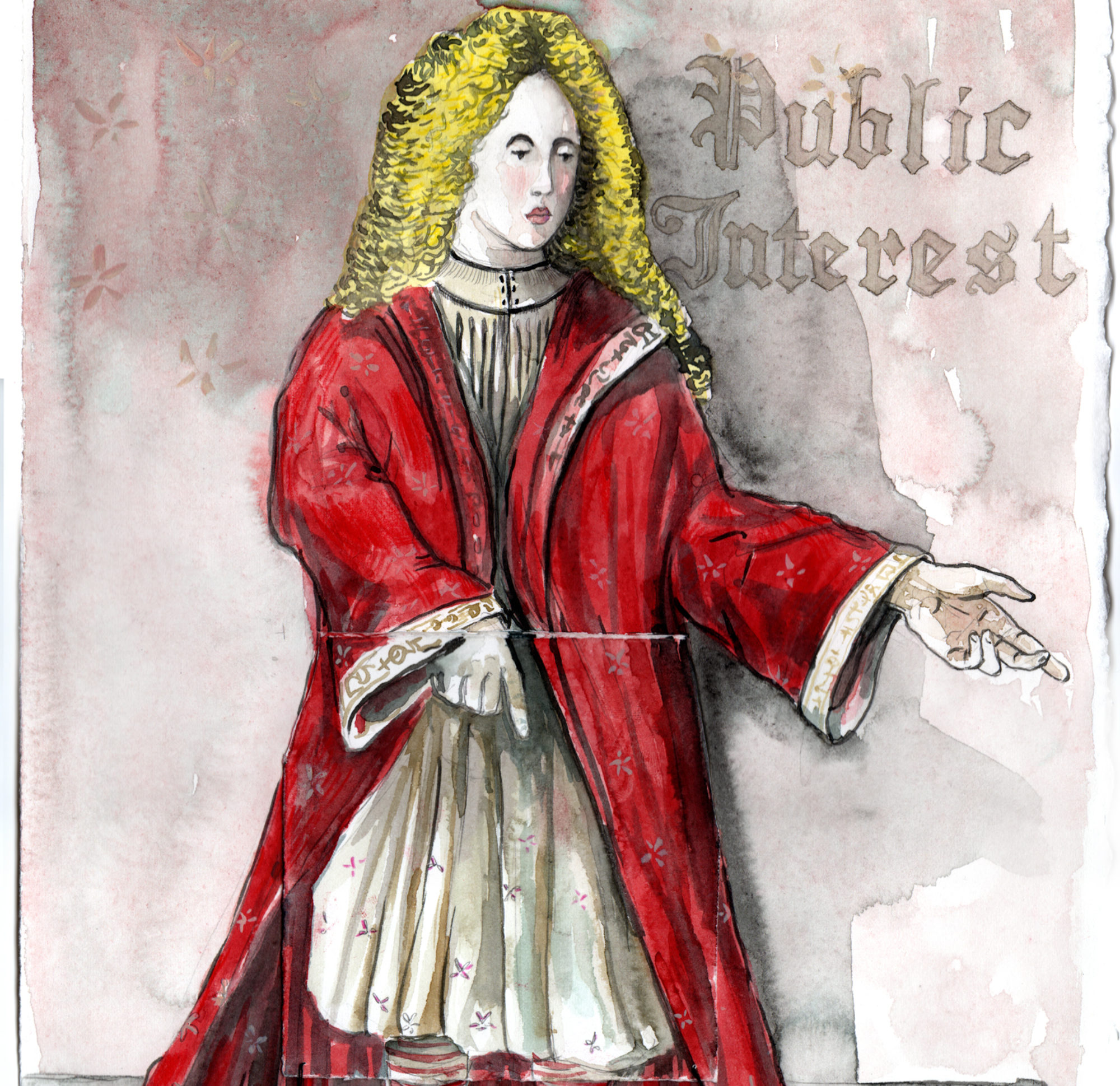My inability to articulate the alternative of Queer in my own language, often results in anxiety. Why is my queerness so un-desi? And why am I presumed to be an advocate of metropolitan gay culture when I identify as queer? (I cannot perhaps entirely detach myself from it. But still…)
Quite recently, the notions attached with “Queer” acquired new meaning, much beyond the existing connotations of “fag”. Queer is not gay, not lesbian or trans* identity. It challenges not only some of the fundamental ideas of gender, sexuality and heteronormativity but also contests the hegemonic frame of actions or theories that claim, eventually, to bring about benefits to human kind. In fact, it may be misleading to associate this term with gay/lesbian liberation and related activism. It seems to transcend whatever established paradigms have to offer; it demands exploration of what works for you as an autonomous individual. As a queer, I may not have any emotional, political or theoretical affinity with the “westernized” discourse on sexuality (in the presence of my own more earthy folk traditions), yet I have to use this word because I speak a language that I am not a product of.
Unsurprisingly, there is a lot of negativity and ambiguity around this word. A friend of mine posed a fundamental question once: “Look, I am a gay, I adore lesbians, I respect trans people and I ‘tolerate’ heterosexuals. I am kind of cool. Why do I need this queer stuff?” This led me to think again about the nature and notion of “diversity”. That further induced the deconstruction of the compartmentalized kingdom of sexual phylums. What were the notions of gay, bi or hetero like, before they were articulated? How was heterosexuality defined?
Maybe “normalness” was contrasted with “other” sexual-nesses; but the idea of power relation between the “superior” and the “inferior” remained prevalent in all historical and cultural contexts. The power structure not only created and exploited gender divisions, it also abused sexual “perverts”. Creating categories based on power disparities suits the existing structures. It is in fact the fuel of the economy, it keeps the ball rolling. The modern day reactionary or proud sexuality-related political identities are evolved forms of a gendered system that historically put a huge demographic on the margins.
Sexuality was and is gendered. The concept of grey areas in gender and sexuality is unusual. Everything is black and white; man and woman; trans gender but either man or woman; fucker and fuckee. Why can a hijra not celebrate his/her greyness, why is it compulsory to choose between “he” and “she”? And most importantly, why these boundaries, when we claim to celebrate diversity? Has it ever been given a chance to flourish?
Queer is, in fact, challenging these hegemonies of power and marginalisation.
Diversity is choice, not imposition. And the binary system definitely reinforces and later re-imposes the normative, the normal and the black & white dichotomy. We unconsciously follow, obey and react. Frustrating. But my Queer-ness soothes me as it always registers its stance on freedom and celebration of diversity. Although I couldn’t find any word in my language, Queer is meaningful to me as a word of solidarity and inclusivity.

